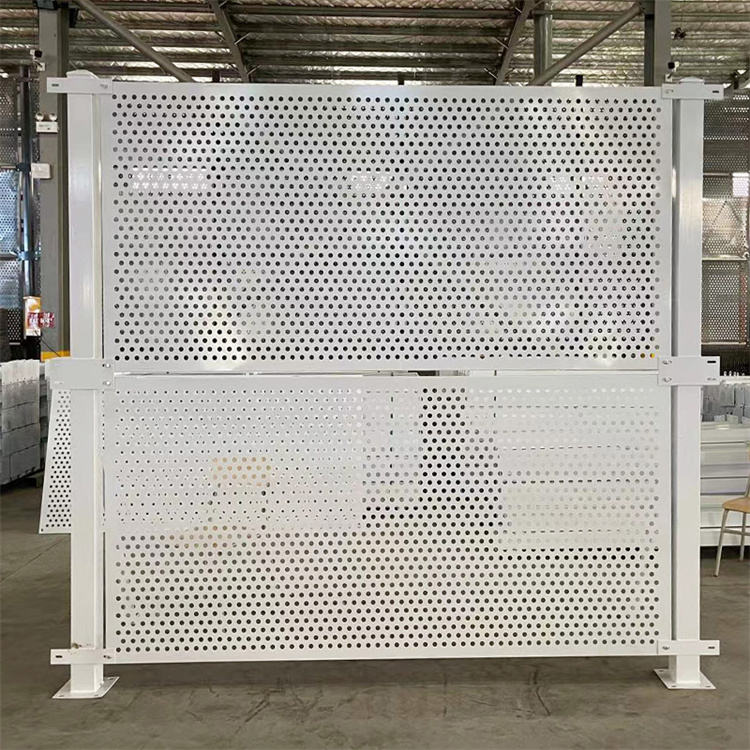Understanding Wedge Wire Drainage Systems
In the realm of modern engineering, efficient drainage systems are crucial for both residential and industrial applications. One innovative solution that has gained prominence in recent years is the wedge wire drain. This unique type of drainage system utilizes a series of interwoven stainless steel wires that create a series of slots and openings, allowing for optimal water flow and filtration while preventing clogs from debris.
Composition and Design
Wedge wire drainage systems are typically composed of stainless steel, although other materials such as plastic may also be utilized depending on the application. The design features a triangular profile of the wires, which allows for a larger open area compared to traditional drainage systems. This configuration enhances water flow while simultaneously preventing the ingress of larger particles and debris.
The supporting structure is often designed in a flat or sloped manner, making it ideal for various settings, including agricultural fields, construction sites, and wastewater treatment facilities. The surface area of the wedge wire design allows for efficient drainage while promoting aeration, which can be beneficial in agricultural settings.
Advantages of Wedge Wire Drainage Systems
1. Efficiency in Filtration One of the standout features of wedge wire drainage systems is their ability to filter out particles while facilitating the passage of water. The precise slot size can be customized based on the requirements of the specific application. This ensures that the system remains clog-free for longer periods.
2. Durability Due to the materials used, wedge wire drains are highly resistant to corrosion and wear. This durability reduces the need for frequent replacement, making them a cost-effective solution in the long run. Furthermore, the strength of stainless steel lends itself to applications where high pressure or harsh chemicals might be present.
wedge wire drain

3. Versatility Wedge wire drainage systems can be implemented in a wide range of applications, from agricultural drainage to industrial processes. They can also be effectively used in spaces with limited access, such as tight installation environments, where traditional systems may fail.
4. Easy Maintenance Wedge wire drains generally require less maintenance than other drainage systems. The design minimizes the accumulation of debris, reducing the frequency of cleaning interventions. Moreover, they can often be flushed easily to maintain optimal performance.
5. Environmental Considerations As the world shifts towards sustainable practices, wedge wire drainage systems are becoming popular because they can enhance groundwater recharge in agricultural settings. Their design promotes soil aeration and prevents waterlogging, which can lead to healthier crops and reduced erosion.
Applications in Various Industries
The applications of wedge wire drainage systems are extensive. In the agricultural sector, they are utilized to manage excess water in fields, promoting optimal crop growth. In construction, they help to manage stormwater runoff, preventing flooding and soil erosion. Additionally, in wastewater treatment facilities, wedge wire drains play a crucial role in the initial stages of water filtration, ensuring that larger debris does not interfere with the treatment process.
Conclusion
Wedge wire drainage systems represent a significant advancement in drainage technology. Their combination of efficiency, durability, and versatility makes them an ideal choice for a wide range of applications. As industries continue to seek solutions that are both effective and environmentally friendly, the adoption of wedge wire drains is likely to rise. By understanding and implementing these systems, engineers and homeowners alike can benefit from superior drainage solutions that respond to the challenges of today's world.
-
Turn Down the Noise: The Future of Highway Sound Barriers
NewsApr.09,2025
-
Silence the Sound: The Power of Highway Noise Barriers
NewsApr.09,2025
-
Reduce Road Noise Effectively with Highway Noise Barriers
NewsApr.09,2025
-
Noise-Free Living: How Highway Barriers Make a Difference
NewsApr.09,2025
-
Engineered for Silence: Highway Noise Barriers for Every Road
NewsApr.09,2025
-
Effective Noise Control: Highway Barriers for a Quieter Tomorrow
NewsApr.09,2025
Subscribe now!
Stay up to date with the latest on Fry Steeland industry news.

